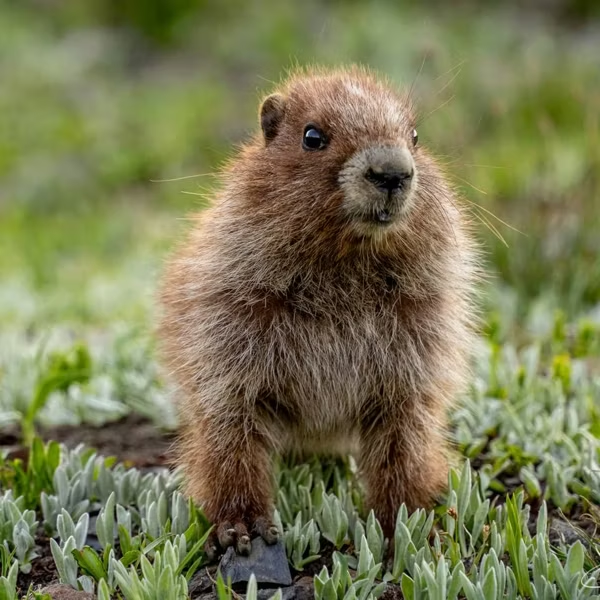The Center for Biological Diversity said Tuesday that a legal agreement it has reached with two federal agencies will help mitigate damage done to wildlife in United States waterways, where endangered species have been harmed over the past decade by the government's failure to assess the environmental impact of pesticide applications.
Under the deal, the U.S. Environmental Protection Agency (EPA) and the U.S. Fish and Wildlife Service (FWS) must complete assessments under the Endangered Species Act to ensure wildlife is protected from the spraying of pesticides.
According to CBD, the FWS and EPA have both failed to conduct endangered species consultations in recent years before issuing a nationwide pesticide general permit, which the EPA issues every five years.
The permit establishes requirements for the spraying of pesticides directly into waterways to control mosquito populations, aquatic weeds, and forest canopy pests.
"This agreement is important progress for improving the health of our rivers and streams and the incredible critters that rely on them."
CBD filed a lawsuit in 2021 in the U.S. Court of Appeals for the 9th Circuit, arguing that the EPA had failed to assess the impact on wildlife when it issued the permit that year and in 2016 when the previous permit was approved.
The group said Tuesday that the FWS has also failed to conduct assessments "in three previous instances... even when requested [to] by the EPA."
"For over a decade, federal agencies have ignored how spraying pesticides into the water harms bull trout, pallid sturgeon, and dozens of other protected species. That changes today," said Hannah Connor, an attorney at CBD. "This victory will help endangered species across the country, along with the rivers and streams we all depend on."
The U.S. Geological Survey showed in 2021 that on average, 17 pesticides were found at least once in 74 river and stream sites that were sampled 12-24 times per year between 2013 and 2017.
According to Beyond Pesticides, pesticide exposure is linked to cancer, hormonal disruption, reproductive problems, liver and kidney damage, and other health issues in a wide range of species. Reproductive deformations have been detected in frogs and fish in rivers throughout the U.S. after exposure to pesticides.
The agreement requires the FWS to complete consultations on the impact to endangered wildlife before the next permit is finalized, no later than 2025. The EPA will also be required to take additional steps to improve pollution monitoring under the Clean Water Act to protect freshwater species from pesticide applications prior to the next pesticide general permit.
"This agreement is important progress for improving the health of our rivers and streams and the incredible critters that rely on them," said Connor in a statement. "My hope is that it will be a wake-up call for the Fish and Wildlife Service to fully embrace its critical role in preventing harm from pesticides to protected species."




